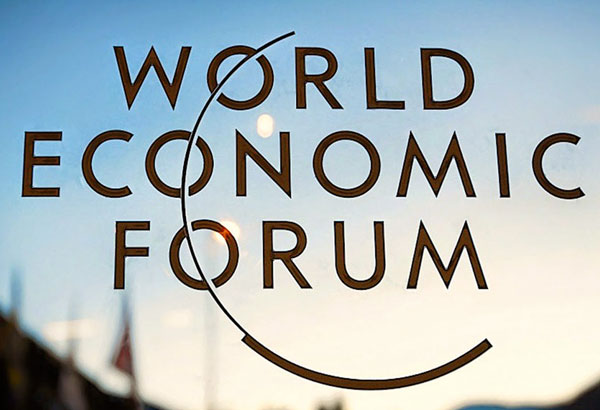Philippines falls a notch in WEF’s Human Capital Index

The country ranked 50th among 130 economies in this year’s World Economic Forum (WEF) Human Capital Index, slipping a notch from 49th in last year’s report. File
MANILA, Philippines — The Philippines has dropped anew in a global ranking which measures countries’ ability to make the most of their populations’ economic potential.
The country ranked 50th among 130 economies in this year’s World Economic Forum (WEF) Human Capital Index, slipping a notch from 49th in last year’s report.
This is the second consecutive year the Philippines saw its ranking drop in the index following its ascent to the 46th spot in 2015.
The WEF Human Capital report measures countries against four key areas of human capital developments namely, capacity which is largely determined by past investment in formal education; deployment which is the application and accumulation of skills through work; development which is the formal education of the next generation workforce and continued upskilling and reskilling of existing workers; and know-how which is the breadth and depth of specialized skills-use at work.
Countries’ performance is also measured across five distinct age groups or generations: 0-14 years, 15-24 years, 25-54 years 55-64 years and 65 years and over.
Among the four key areas of human capital development, the Philippines ranked the highest in the capacity component at 19th, receiving high marks in the areas of tertiary education.
It, however, failed to perform well on the deployment pillar where it ranks 87th due to weak labor force participation and low marks in its employment gender gap.
“Efforts to fully realize people’s economic potential – in countries at all stages of economic development – are falling short due to ineffective deployment of skills throughout the workforce, development of future skills and adequate promotion of ongoing learning for those already in employment,” the WEF said.
“These failures to translate investment in education during the formative years into opportunities for higher-quality work during the working lifetime contributes to income inequality by blocking the two pathways to social inclusion, education and work,” it added.
Norway ranked on top of the global index, followed by Finland, Switzerland, US and Denmark. Completing the top 10 are Germany, New Zealand, Sweden, Slovenia and Austria.
- Latest
- Trending
























